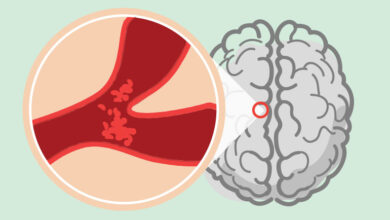Magnesium is one of the most important minerals for our health. It plays a part in over 300 metabolic and biochemical processes in the body, and is most important for our heart and muscle contractions. Lack of magnesium in the body is a serious problem which can cause heart problems that can have a fatal outcome.
Besides the contraction of our muscles, magnesium is also important for protein synthesis, energy production, blood pressure, glucose levels, bone development and glutathione synthesis, as well as for the production of RNA and DNA. In general, the average adults should have 25 gr. of magnesium in their body, with 60% of this amount stored in the soft tissue and bones. The usual serum concentration is 0.75-0.95 mmol/L – if the number drops below 0.75, your body will enter a state called hypomagnesemia.
The common symptoms of magnesium deficiency include dizziness, weakness and fatigue, diarrhea, appetite loss, nausea and vomiting. If the lack of magnesium is severe, it may lead to low blood pressure, abnormal heart rhythm, muscle cramps, seizures and even personality changes. Leaving the problem unaddressed can result in low calcium and serum potassium levels, which can have a significantly negative outcome on your health.
What’s causing magnesium deficiency?
The lack of magnesium in our bodies is mainly caused by the lack of the mineral in the soil. In the past, our soil had a variety of nutrients including magnesium, but the modern farming techniques are leaving it barren, which means that we need to up our intake of the mineral through dietary sources. Additionally, magnesium deficiency may be caused by aging, insulin resistance and diabetes, Celiac disease, Chron’s disease and alcohol abuse as well.
Another big factor for the global epidemic of magnesium deficiency is the standard western diet. We eat processed foods with no nutrients at all on a daily basis, and we rarely include vegetables and healthy foods in our meals. Even when we do eat fruits and veggies, most of them are sprayed with chemicals and pesticides which destroy the nutrients inside, essential making them empty calories.
As we already mentioned, magnesium deficiency is a serious problem which can lead to several ailments. Here are the health problems associated with lack of magnesium:
Cardiovascular diseases
open next page to continue reading….
[adinserter block=”3″]
[adinserter block=”4″]
Related Articles
-
NLC – What Causes Them and What You Need to Do to Prevent ThemNovember 8, 2022




